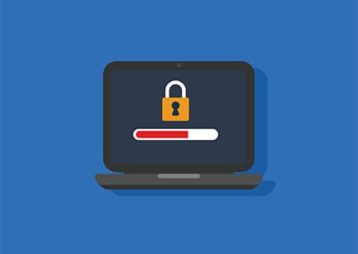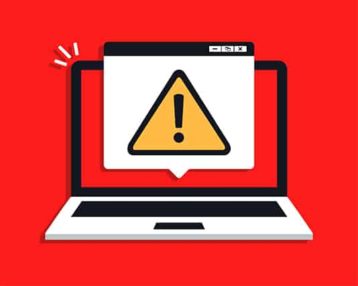Although the Chrome operating system provides security updates and other measures, there is still a need for third-party apps, such as antivirus software, that can do this security task effectively. The antivirus application’s main objective is to ensure the system is not under threat and that files and folders should not contain any malicious software programs that may harm the system or steal sensitive information on the Chromebook. The antivirus is a software security tool with an up-to-date database of all kinds of spyware, malware, viruses, worms or other malicious programs worldwide. The antivirus identifies the latest threats and provides updates on how to terminate a type of virus.

The steps to install an antivirus application on a Chromebook are given below.
- Launch the Google Play Store on your Chromebook
- Enter the antivirus app’s name
- Select “Install”
- Open the antivirus app
- Create your account
Table of Contents
1. Launch the Google Play Store on Your Chromebook
The Chromebook runs on Chrome OS under Google. Because the Chrome OS does not run executable files like the Windows operating system, the platform uses Android applications or software programs that have already been used on Android mobile devices.
2. Enter the Antivirus App’s Name
After opening the Google Play Store app and deciding on which antivirus brand/product to use, the user should enter the antivirus app name by clicking the search bar and typing in the antivirus brand name. If the searched antivirus name is present on the Google Play Store, the app is available to be downloaded; otherwise, the developer doesn’t have support for the Chromebook or Android devices.
3. Select ‘Install’

After selecting the desired antivirus in the Google Play Store, select “Install.” The application will need verification to proceed with the downloading process until installation begins. The Chrome OS provides secure downloads via the Google Play Store to avoid fake applications or modified programs that would ruin the Chromebook’s system. After the installation process, the application is ready to use if the button prompt switches from “Installing” to “Open.”
4. Open the Antivirus App
When the installation process is done, run the application by clicking the word “Open.” Some antivirus software programs don’t run on initial start-up due to updates and might require additional steps to proceed using the application itself. Most antivirus apps typically ask for login credentials or require users to create a new account.
5. Create Your Account
In creating an account for the antivirus, providing credentials is necessary. The antivirus provides a report for any malicious software programs or unsafe sites that are detected. If there isn’t any problem, the antivirus cleans the cache memory for worms that may duplicate tasks, overloading the processing of the operating system. The created account can be used with other Chromebook credentials if the antivirus supports multiple devices under one subscription.
Do You Need an Antivirus for Chromebook?

Yes, antivirus software is needed for Chromebooks because, like any other laptop, Chromebooks rely on an internet connection for productivity or entertainment. Any laptop is vulnerable to cybersecurity threats transmitted through the internet. Chromebook’s security is solid but is not 100% bulletproof against cyberattacks, malicious emails and malware infection. A third-party antivirus application is a must.
Are Chromebooks Safe from Viruses?
No, Chromebooks are not safe from viruses, although most virus programs run on “.exe” or executable programs made to intrude Windows operating systems. The viruses that attack Chromebooks are mostly web-based scripts that can change the way the Chrome browser functions, such as changing the default search engine, allowing pop-up banners, messing up the login information, and more. Viruses can enter the system once the user interacts with or clicks on the program or script, allowing access into the system.
Can Chromebooks Get Viruses or Malware?

Yes, Chromebooks can get viruses or malware. Although the Chrome OS provides a base level of built-in security, the device will still be vulnerable if the user is unaware of these attack possibilities. Most viruses or malware can enter the system if users allow them, pointing to the necessity of an antivirus application that informs the user of an unknown threat so that the file can be quarantined. Antivirus applications keep users informed and secure by identifying threats in real time.
How to Choose the Best Antivirus for Chromebook?
Choosing the best antivirus for Chromebook is easy. Ideally, the antivirus should provide high-quality support, routine virus scanning or scheduling options, a user-friendly interface and fair pricing. The best antivirus for Chromebooks should also be available on different platforms, such as Windows, macOS, Android and Linux.
Do Chromebooks Need a VPN?
Yes, Chromebooks do need a VPN. As with Android mobile devices, VPN applications are available on the Google Play Store. Using a VPN for Chromebook allows the user to watch or stream movies on other servers in any part of the world. The user’s internet connection will be encrypted to protect any transfer of data online, which is especially useful when connecting to a public WiFi network. The need for a VPN on a Chromebook is no different than with a regular laptop because the design and function of the Chromebook rely on the internet to connect to cloud applications.

